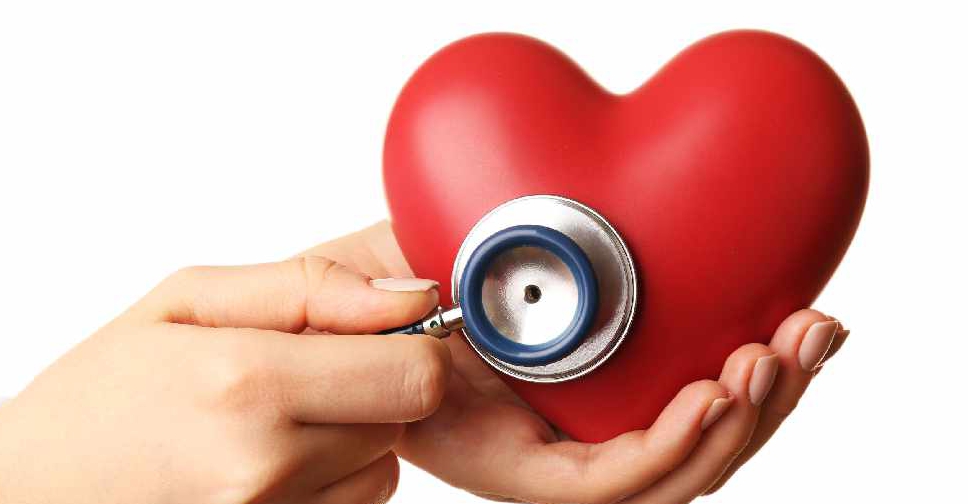
Consumption of a low-carb, high-fat (LCHF) "keto-like" diet may be associated with a higher risk of cardiovascular events and increased levels of "bad" cholesterol, a new study has revealed.
The research, which has not yet been peer-reviewed, defined a LCHF diet as 45 per cent of total daily calories coming from fat and 25 per cent from carbohydrates.
It found that people on an LCHF diet had more than double the risk of cardiovascular events such as blocked arteries, heart attacks and strokes, as well as higher levels of low-density lipoprotein cholesterol and apolipoprotein B, which coats LDL cholesterol proteins and can predict heart disease better than elevated levels of LDL cholesterol can.
“Our study found that regular consumption of a self-reported diet low in carbohydrates and high in fat was associated with increased levels of LDL cholesterol – or “bad” cholesterol – and a higher risk of heart disease,” said lead author Dr. Iulia Iatan with the Healthy Heart Program Prevention Clinic, St. Paul’s Hospital and University of British Columbia’s Centre for Heart Lung Innovation in Vancouver, Canada.
The study used health information from the UK Biobank database, which followed people for at least a decade.
However, its limitations included measurement errors that occur when dietary assessments are self-reported, its small sample size, and that most of the participants were British and didn’t include other ethnic groups.
Most of the participants – 73 per cent – were women, which Iatan said is "quite interesting to see, but it also supports the literature that’s available that women in general tend to follow more dietary patterns, tend to be more interested in changing their lifestyles".
Christopher Gardner, a research professor of medicine at the Stanford Prevention Research Center, stressed that "elevated LDL cholesterol should not be dismissed as simply a negligible side effect of a VLCD (very-low-carb diet) or ketogenic diet".
He has conducted clinical trials on the keto diet, but was not involved in the study.
Dr. David Katz, a lifestyle medicine specialist who was not involved in the study, said that “there are various ways to put together a LCHF diet, and it is very unlikely they all have the same effects on serum lipids or cardiac events.” However, he added, “That a LCHF diet is associated with adverse effects in this study is a reality check for those adopting such diets just because they are in vogue.”
Most health experts say the trendy keto diet, which bans carbohydrates to make your body burn fat for fuel, cuts out healthy food such as fruit, beans and legumes, and whole grains. In the keto diet, you limit your intake of carbohydrates to only 20 to 50 a day – the lower, the better. To put that into perspective, a medium banana or apple is around 27 carbohydrates – the full day’s allowance.

 Abrahamic Family House voted one of the world’s greatest places
Abrahamic Family House voted one of the world’s greatest places
 Saudi Arabia launches global Arabic fiction competition
Saudi Arabia launches global Arabic fiction competition
 Dubai Mall cements position as world’s most visited place
Dubai Mall cements position as world’s most visited place
 NGO links H&M and Zara cotton to deforestation in Brazil's Cerrado
NGO links H&M and Zara cotton to deforestation in Brazil's Cerrado
 Camel trekkers reach Global Village after 557 km journey
Camel trekkers reach Global Village after 557 km journey




